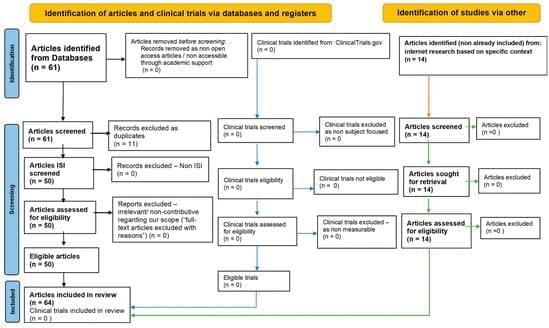The phosphatidylinositol 3-kinase (PI3K)-AKT signaling pathway is one of the most critical and extensively investigated signaling pathways. It is the central regulator of various cellular processes including cell growth, proliferation, metabolism, and survival. Hyperactivation of PI3K-AKT signaling is highly related to a significant number of human diseases, particularly cancers.
A new design competition, dubbed Project Hyperion, is calling for submissions for the design of a crewed interstellar generation ship.
In a study published in Physical Review Letters, researchers at the Center for Computational Quantum Physics (CCQ) at the Flatiron Institute have revealed that the quantum problem they solved, which involved a specific two-dimensional quantum system of flipping magnets, exhibits a behavior known as confinement. This problem explains why they defeated the quantum computer in its own game. Only one-dimensional systems had previously exhibited this behavior in quantum condensed matter physics.
The researchers revealed earlier this year that they had completely surpassed a quantum computer at a task that some believed could only be completed by quantum computers by using a classical computer and complex mathematical models.
According to lead author Joseph Tindall, a research fellow at the CCQ, this surprising discovery is giving researchers a framework for evaluating novel quantum simulations and aiding in their understanding of the boundary between quantum and classical computers’ capabilities.
In his keynote presentation at RAADfest 2024, Bill Faloon discusses research updates about age-reversal research including IL-11 inhibition, young plasma transfer, epigenetic reprogramming, and other topics.
Ionut Constantinescu, Tiago Pimentel, Ryan Cotterell, Alex Warstadt ETH Zurich 2024 https://arxiv.org/abs/2407.
Children are better at learning a…
We’ve detected that JavaScript is disabled in this browser. Please enable JavaScript or switch to a supported browser to continue using x.com. You can see a list of supported browsers in our Help Center.
Terms of Service Privacy Policy Cookie Policy Imprint Ads info © 2024 X Corp.
Discover the pivotal role of a single type of cell that sparked the incredible evolution from simple sea creatures of 800 million years ago to the diverse array of complex animals we see today.
The intricate relationship between hydrogen sulfide (H2S), gut microbiota, and sirtuins (SIRTs) can be seen as a paradigm axis in maintaining cellular homeostasis, modulating oxidative stress, and promoting mitochondrial health, which together play a pivotal role in aging and neurodegenerative diseases. H2S, a gasotransmitter synthesized endogenously and by specific gut microbiota, acts as a potent modulator of mitochondrial function and oxidative stress, protecting against cellular damage. Through sulfate-reducing bacteria, gut microbiota influences systemic H2S levels, creating a link between gut health and metabolic processes. Dysbiosis, or an imbalance in microbial populations, can alter H2S production, impair mitochondrial function, increase oxidative stress, and heighten inflammation, all contributing factors in neurodegenerative diseases such as Alzheimer’s and Parkinson’s.









